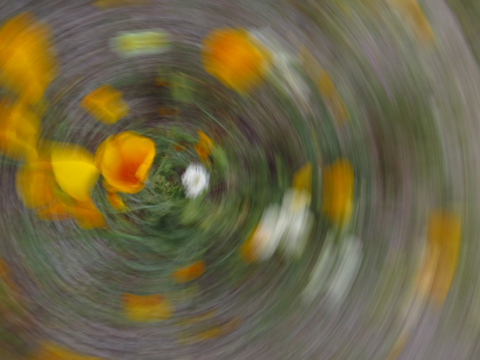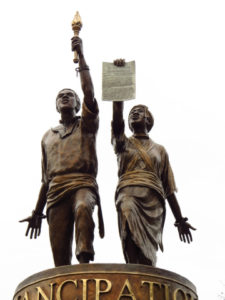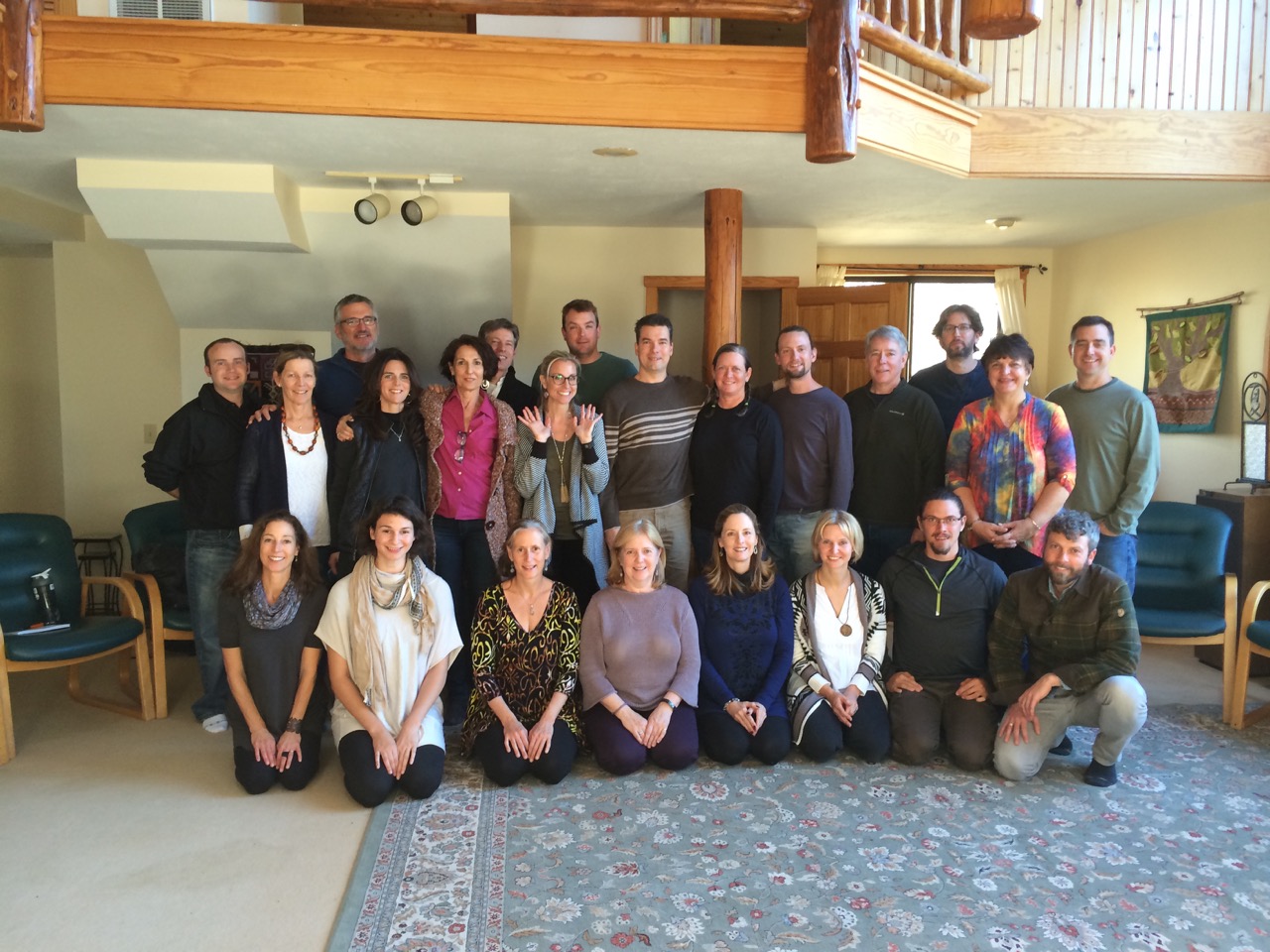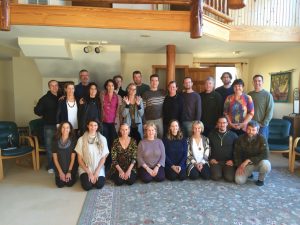

We live in extraordinary times.
It is a new form of agency to begin to discover that we can affect our mood, our sense of ourselves, our outlook on life, and our thoughts simply by directing our attention where we choose.
What do you mean? No drugs, no therapy, no decades of self-improvement reading? Really? Just directing our attention? That sounds too good to be true!
Well, yes and no. Yes, directing attention instantly and directly modifies our inner condition. And, with practice, we can build increasing fluidity at accessing new perspectives and greater resilience through our factory-loaded capabilities.
And, no, it’s not always that simple, and, even when it’s simple, it’s not necessarily easy. Let’s break this down a bit.
The cognitive portions of our nervous system (most frequently represented by the brain) are working constantly to make meaning of the world. We rehash prior experience in order to learn from it. And, we plan for the future by anticipating problems and opportunities and preparing for them.
The nervous system is exquisitely designed to ensure the survival of the organism in order to perpetuate the species. Most often, in our contemporary world, this is more about perpetuating identity and a pervasive sense of self than about physical survival, but in marginalized groups, in war, in poverty, with refugees, physical survival is indeed what is at stake.

The brain engages in identity-preserving “survival” activities relentlessly and automatically. Seeing our thinking processes from the balcony perspective reveals an obsessive pre-occupation with re-living the past and preparing for the future. Triggers range from the mundane (a mildly irritating email, or something we suddenly remember we forgot to attend to) to challenges to our identity (a professional public failure, a conflict) to the traumatic and overwhelming (the experience of a car accident, violence, racism or sexism.)
Obviously, these are very different scales of triggering, but the fundamental processes of disruption of what we experience as “normal” are related. Our stress hormones go up, our heartbeat increases, our thoughts become rapid. We are triggered and reacting. Our inner condition has been disrupted by the outer context.
In many leadership contexts this experience of disruption, reactivity and disorganization is pervasive and continuous. We get caught up in the mood, pace, and intensity of what is going on around us. We “take on” the state of the system.
The more responsibility we feel for what is happening around us (and clearly this is the case for most leaders) the easier it becomes to be in a continual state of reaction. Our inner state becomes entangled with our context as we react to events unfolding around us which are not predictable and over which we have little control.
Sound familiar? You, like I, live in a complex world that is continually challenging your identity. You experience this complexity as triggering precisely because you can’t master and control what is happening. And, you have been trained to believe that you should be able to do so.
The good news is that you can begin to cultivate the capacity to de-couple your internal state from the context. The cognitive function of “executive control” can be harnessed to direct your attention to something of our choosing. For example, per a previous post, directing your attention into sensation instantly changes your experience of yourself.
Here, the Subject to Object move of adult development becomes visible and pragmatic. You learn to step outside yourself and take a profoundly liberating balcony view. These four small shifts add up to big resilience:

Sense, and name, what is happening in your context. This naming makes it visible and knowable. It puts you on the balcony, seeing clearly what is triggering you or what feels overwhelming.
- Sense, and name, your own reactions to this context. Bear witness to how your identity is challenged, how you are taking on the stress of the system, how your thoughts are racing and shoulders hunched and attention span decreasing. Take a balcony view of our own experience.
- Consciously direct your attention in order to interrupt the automaticity of your own nervous system’s response to triggering. This begins to reveal agency in self-regulating your own state. Your balcony view here is that your state reacts to, but is not determined by, the context.
- With practice and sustained witnessing, you may arrive at the transcendent realization described by Viktor Frankl. After years in a Nazi concentration camp, he wrote that “the last of the human freedoms is to choose one’s own attitude in any given set of circumstances.” This is the essence of resilience: the de-linking of our internal state from the context around us. This is liberation.
I don’t claim that this is necessarily easy. The four shifts described above may take years of practice. Old and deep wounds heal slowly and may always remain triggerable.
Yet, this de-coupling of state from context is crucial for leaders. We can’t lead if we are entangled with the system around us: overwhelmed by, and therefore undifferentiated from, our context. Our internal state has become part of a self-reinforcing feedback loop. The actions that arise from this state are likely to perpetuate or exacerbate the prevailing dynamic.

Leaders must learn to de-couple their state from the context. We must embody optimism and creativity and boldness and kindness even when the system around us is overwhelmed and reactive and chaotic and mean-spirited. This resilience is key to leading in a way that is transformative.
Begin by cultivating your executive control of attention. Well-grounded research demonstrates that as little as 8 minutes a day of consistent meditative attention practice produces long term increases in well-being, the capacity to take new perspectives, and to sustain equanimity in the midst of disruptions. That’s a pretty big ROI for learning to de-couple your state from your context!
Of course, Frankl was a remarkable guy. It’s patently unrealistic to expect to attain his liberating realization after a few 8 minute meditation sessions. We performance driven perfectionists naively think we should be able to make anything happen, and happen on our timeframe. This belief is a toxic recipe for suffering when operating in complexity: things really don’t work that way at all.
Relaxing, being present, and engaging in our worlds in new ways is both liberating and calls for more patience than our driven world easily supports. Baker Roshi said, “Enlightenment is an accident; practice makes us accident prone.”
Start now.
- How does your inner state reflect the outer conditions in which you lead?
- How are you taking on the conditions of your context?
- What exceptions have you noticed? What is an experience of your state being very different from what was going on around you?
- How might you experiment with de-coupling your state from your context?



